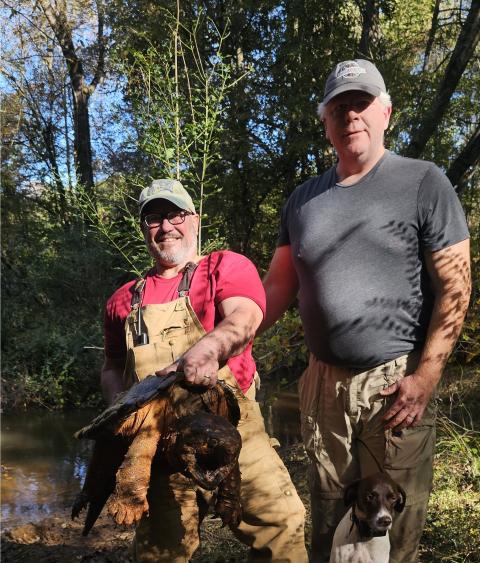Conservation Brief
Senate Passes Conservation Package
On January 9, the U.S. Senate passed a bipartisan package of conservation bills by unanimous consent. The America’s Conservation Enhancement Act (S. 3051) was amended to the North American Wetlands Conservation Extension Act (H.R. 925) that passed the U.S. House of Representatives on November 20.
“The Senate has taken important bipartisan action to protect our wildlife,” said Senator John Barrasso, chairman of the Environment and Public Works Committee. “The ACE Act will help states and tribes partner with Washington on conservation efforts. Our bipartisan legislation will establish a special task force to combat the spread of chronic wasting disease. The bill will keep America’s wildlife healthy, while allowing rural communities to thrive. I am thankful to Ranking Member Carper for his partnership.”
The package includes a number of bills that have been a priority for conservation organizations including reauthorization for the National Fish and Wildlife Foundation, the North American Wetlands Conservation Act at $60 million a year until 2025, the Chesapeake Bay Program at $90 million annually until 2025, and other Chesapeake Bay and Great Lakes conservation programs. It also creates new authorizations for the National Fish Habitat Partnership Program and for a Chronic Wasting Disease Task Force to be coordinated by the U.S. Fish and Wildlife Service. In addition, the bill includes the Modernizing the Pittman-Robertson Fund for Tomorrow’s Needs Act which would allow P-R funds to be used for hunting and shooting recruitment efforts. There is also an authorization of $15 million for livestock depredation by federally protected species like grizzly bears and wolves.
“The swift passage of the ACE Act through the Senate is a great start to the new year and represents a breakthrough for some of DU's most important policy priorities, such as NAWCA,” commented Ducks Unlimited CEO Adam Putnam in a statement. “The Senate has done their part and advanced this legislation to the House of Representatives, and we urge Congressional leaders to vote on this important conservation package as soon as possible.”



